Belgrade, Moscow expect more Kosovo talks
The Troika is presenting the working version of its report on the Kosovo talks to Belgrade and Priština.
Monday, 03.12.2007.
09:11

The Troika is presenting the working version of its report on the Kosovo talks to Belgrade and Pristina. Earlier in the day, the international mediators – the U.S.’s Frank Wisner, Russia’s Aleksandr Botsan-Kharchenko and the EU’s Wolfgang Ischinger – presented the draft report on the progress of negotiations over the last four months to Contact Group members. Belgrade, Moscow expect more Kosovo talks Tanjug understood from diplomatic sources that the Troika outlined their report, completed yesterday in Vienna, to the Contact Group at 9 a.m. The meeting was held behind closed doors, with even the location being kept secret. The Troika then came to Belgrade in the afternoon, before heading to Pristina, after which they will finalize their report, that is due to be submitted to the Contact Group in Vienna on December 10. From there, it will passed on to the UN. After the meeting, ministers Vuk Jeremic and Slobodan Samardzic said that Belgrade informed the diplomats that negotiations should not end with their report to the United Nations on December 10. Samardzic, who is the Serbian minister for Kosovo, told reporters that Wisner had presented the structure of the report, including all relevant facts that characterized the negotiating process. "This is important for us because Serbia gave concrete proposals, and because it was constructive," Samardzic said. "We believe that the negotiating process will not end with the Troika report, but that this is just a phase, a more successful one than the one led by Martti Ahtisaari," the minister said. Jeremic said that the process would now move to the UN Security Council and that Belgrade had requested from the Troika to take part in the debate in this UN body. "The president and prime minister reiterated once again that, according to Serbia, any unilateral action would have unimaginable consequences for peace and stability in the region," Jeremic said, and added that Serbia invited the international community not to encourage this type of behavior. Also after the meeting in Belgrade, Ischinger said the Troika "will not make any proposals that could surprise anyone" in their report. "The Troika will now finalize their report which will be presented to the United Nations (UN) secretary-general by the end of the week. The report will state that the two sides had not been able to reach agreement during that process, and there will be no proposals that could be a surprise to anyone," Ischinger told a news conference. "The Troika made very intense efforts to leave no stone unturned in the search for a solution for the status of Kosovo," he said. "All reasonable options and proposals by the sides have been studied, considered and analyzed," Ischinger said. The EU mediator said this visit ends a "very intensive negotiating period of 120 days", which the Troika facilitated. Ischinger also said they were grateful to the Serbian authorities for their dedication to the process. The German diplomat expressed confidence that the process was useful in several aspects, even though no agreement had been reached. "Both sides are resolved to continue avoiding making statements or moves that could be provocative. Both sides pledged not to resort to violence, and that is very important for moving forward," Ischinger said. The Troika regrets that the two sides failed to reach agreement, Ischinger said, but stressed that the envoys believe such a solution, stemming from the negotiations, would be in the interest of both sides and the region. Meanwhile, Botsan-Kharchenko said the issue of Kosovo would have to be solved at the UN Security Council. "The issue of Kosovo has been raised at the Security Council and this issue will be solved at the UN Security Council. The Troika's mandate will end on December 10 and we expect that the Security Council will continue negotiations on the basis of this report," Botsan-Kharchenko said in Belgrade today. The Russian diplomat added he believed that the Troika-mediated negotiations have been the most serious negotiations since 1999, that the two sides have "engaged in the most comprehensive way" during the talks, and that for this reason he "could not say that the negotiations represented a failure." As was announced earlier, the two sides will be able to put forward their own comments on the report that the Troika can, but does not have to, take into consideration. The Security Council plans to hold a debate on the Contact Group report on December 19. The report comes after the failure of the Troika-mediated talks between Serbia and the Kosovo Albanians to reach a compromise over the province’s future status. The Troika in Belgrade this afternoon (Tanjug) "All options for compromise exhausted" EU Troika representative Wolfgang Ischinger has said that following the failure to find common ground between Belgrade and Pristina over the past 120 days, no further options existed that might lead to a negotiated solution. “In direct talks with top officials at the highest political level, we discussed all the existing models that might help establish a bridge of understanding, but none of them met the approval of both sides,” Ischinger explained in an interview for the Monday issue of daily Blic, published on the newspaper's website. “I regret that the sides did not take advantage of the chance the Troika and the international community gave them to reach an agreement,” the EU representative to the Troika said, pointing out that a compromise would have been a much better solution for Belgrade and Pristina than any other scenario. Asked if, in its report on the Kosovo status negotiations, the Troika would include proposals on what should be done after December 10, Ischinger answered that it would be very difficult for the mediators to make any proposals of such a nature, and would leave that task to their respective governments. Nor did he wish to directly answer a question on whether a unilateral declaration of independence was the solution in the absence of a compromise, stating that it was a possible scenario as the status quo was untenable.
Belgrade, Moscow expect more Kosovo talks
Tanjug understood from diplomatic sources that the Troika outlined their report, completed yesterday in Vienna, to the Contact Group at 9 a.m.The meeting was held behind closed doors, with even the location being kept secret.
The Troika then came to Belgrade in the afternoon, before heading to Priština, after which they will finalize their report, that is due to be submitted to the Contact Group in Vienna on December 10. From there, it will passed on to the UN.
After the meeting, ministers Vuk Jeremić and Slobodan Samardžić said that Belgrade informed the diplomats that negotiations should not end with their report to the United Nations on December 10.
Samardžić, who is the Serbian minister for Kosovo, told reporters that Wisner had presented the structure of the report, including all relevant facts that characterized the negotiating process.
"This is important for us because Serbia gave concrete proposals, and because it was constructive," Samardžić said.
"We believe that the negotiating process will not end with the Troika report, but that this is just a phase, a more successful one than the one led by Martti Ahtisaari," the minister said.
Jeremić said that the process would now move to the UN Security Council and that Belgrade had requested from the Troika to take part in the debate in this UN body.
"The president and prime minister reiterated once again that, according to Serbia, any unilateral action would have unimaginable consequences for peace and stability in the region," Jeremić said, and added that Serbia invited the international community not to encourage this type of behavior.
Also after the meeting in Belgrade, Ischinger said the Troika "will not make any proposals that could surprise anyone" in their report.
"The Troika will now finalize their report which will be presented to the United Nations (UN) secretary-general by the end of the week. The report will state that the two sides had not been able to reach agreement during that process, and there will be no proposals that could be a surprise to anyone," Ischinger told a news conference.
"The Troika made very intense efforts to leave no stone unturned in the search for a solution for the status of Kosovo," he said.
"All reasonable options and proposals by the sides have been studied, considered and analyzed," Ischinger said.
The EU mediator said this visit ends a "very intensive negotiating period of 120 days", which the Troika facilitated.
Ischinger also said they were grateful to the Serbian authorities for their dedication to the process.
The German diplomat expressed confidence that the process was useful in several aspects, even though no agreement had been reached.
"Both sides are resolved to continue avoiding making statements or moves that could be provocative. Both sides pledged not to resort to violence, and that is very important for moving forward," Ischinger said.
The Troika regrets that the two sides failed to reach agreement, Ischinger said, but stressed that the envoys believe such a solution, stemming from the negotiations, would be in the interest of both sides and the region.
Meanwhile, Botsan-Kharchenko said the issue of Kosovo would have to be solved at the UN Security Council.
"The issue of Kosovo has been raised at the Security Council and this issue will be solved at the UN Security Council. The Troika's mandate will end on December 10 and we expect that the Security Council will continue negotiations on the basis of this report," Botsan-Kharchenko said in Belgrade today.
The Russian diplomat added he believed that the Troika-mediated negotiations have been the most serious negotiations since 1999, that the two sides have "engaged in the most comprehensive way" during the talks, and that for this reason he "could not say that the negotiations represented a failure."
As was announced earlier, the two sides will be able to put forward their own comments on the report that the Troika can, but does not have to, take into consideration.
The Security Council plans to hold a debate on the Contact Group report on December 19.
The report comes after the failure of the Troika-mediated talks between Serbia and the Kosovo Albanians to reach a compromise over the province’s future status.
"All options for compromise exhausted"
EU Troika representative Wolfgang Ischinger has said that following the failure to find common ground between Belgrade and Priština over the past 120 days, no further options existed that might lead to a negotiated solution.“In direct talks with top officials at the highest political level, we discussed all the existing models that might help establish a bridge of understanding, but none of them met the approval of both sides,” Ischinger explained in an interview for the Monday issue of daily Blic, published on the newspaper's website.
“I regret that the sides did not take advantage of the chance the Troika and the international community gave them to reach an agreement,” the EU representative to the Troika said, pointing out that a compromise would have been a much better solution for Belgrade and Priština than any other scenario.
Asked if, in its report on the Kosovo status negotiations, the Troika would include proposals on what should be done after December 10, Ischinger answered that it would be very difficult for the mediators to make any proposals of such a nature, and would leave that task to their respective governments.
Nor did he wish to directly answer a question on whether a unilateral declaration of independence was the solution in the absence of a compromise, stating that it was a possible scenario as the status quo was untenable.











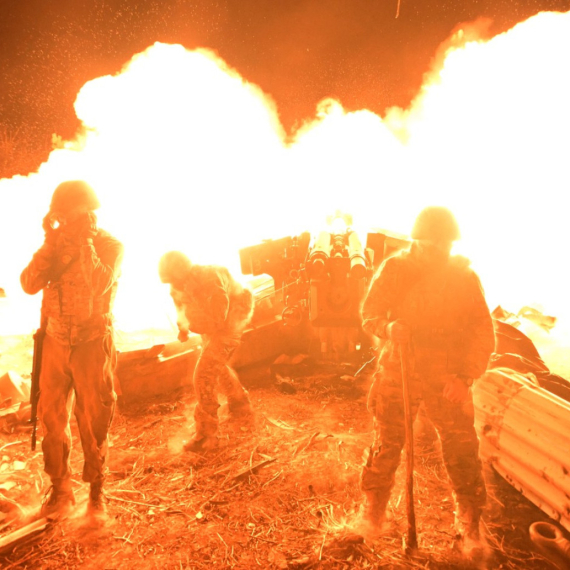




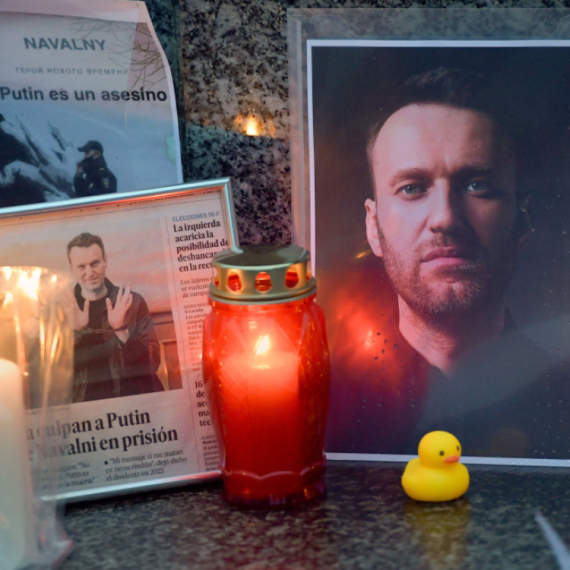
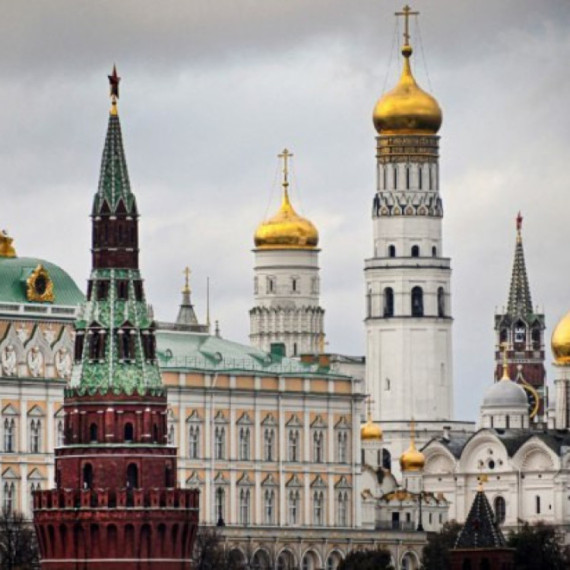
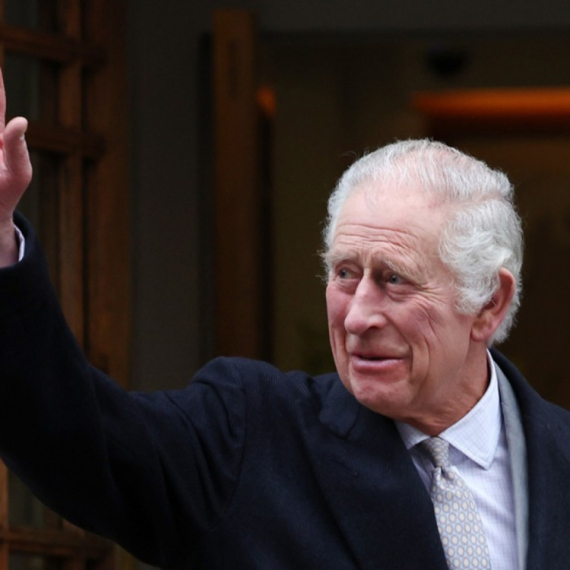
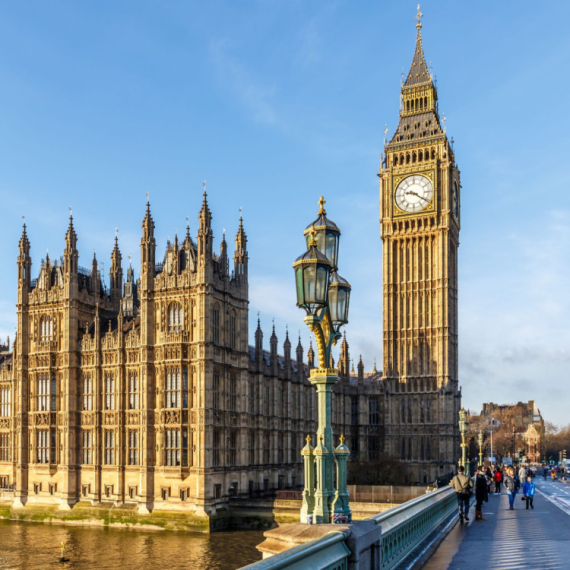


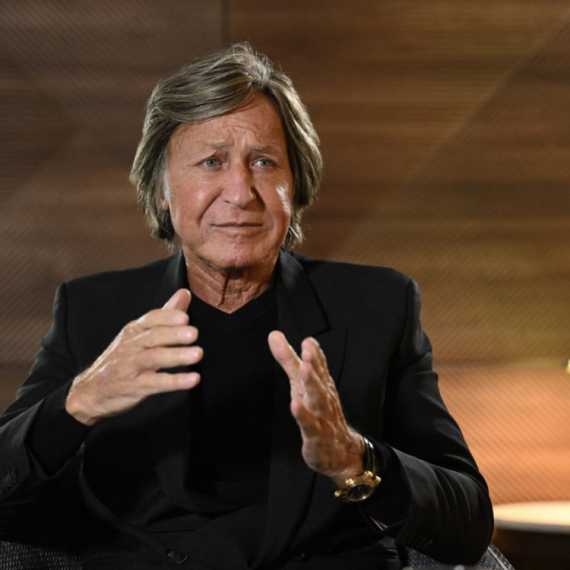






















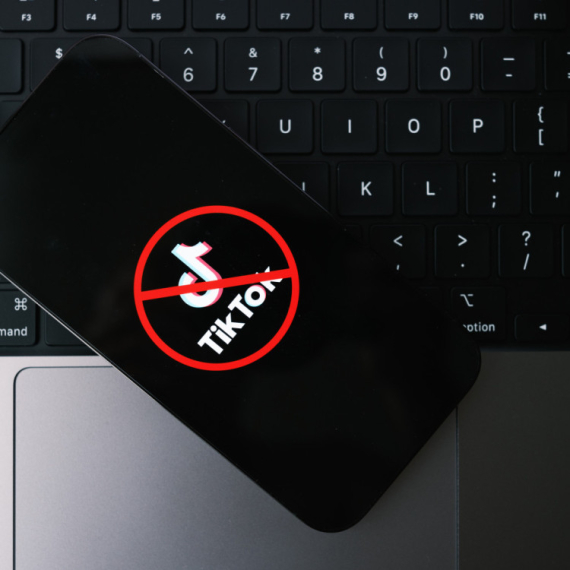






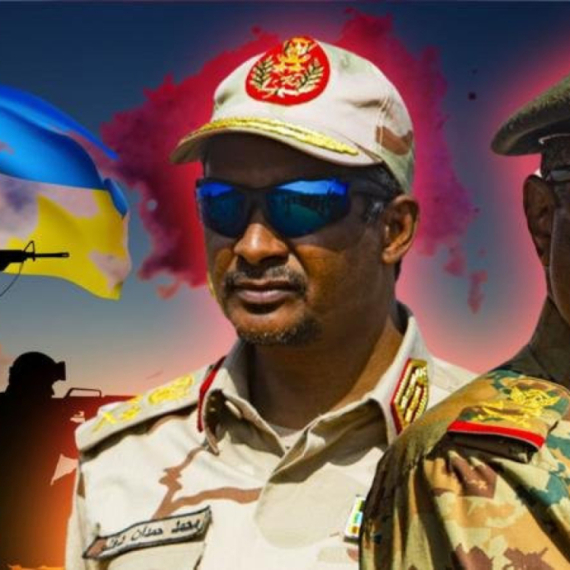

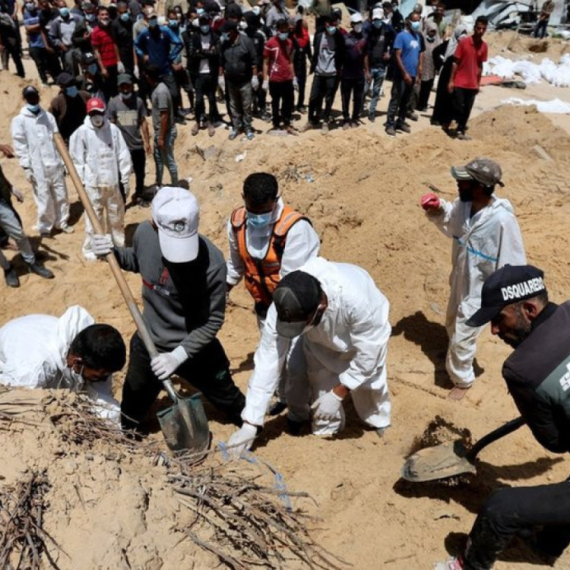



Komentari 38
Pogledaj komentare